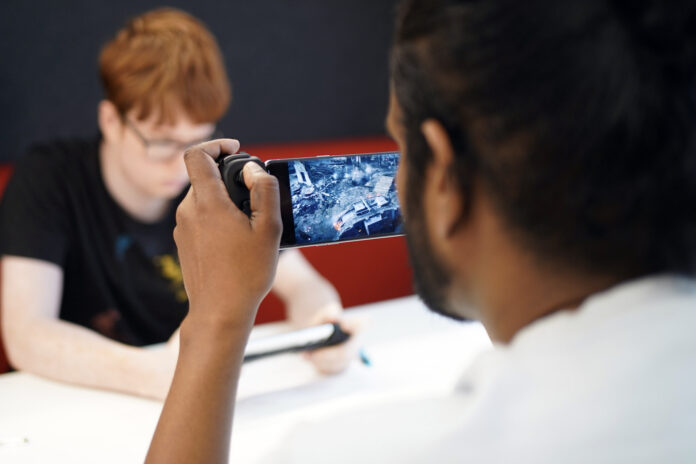88% of consumer participants gave the experience a score of at least 8/10 versus 13% on non-optimised connectivity
Vodafone and Ericsson completed a live network trial at Coventry University which demonstrated the impact an optimised 5G Standalone network slice could have on mobile gaming.
Trial participants were asked to play cloud-based mobile games in two scenarios. The first (Scenario A) simulated today’s public network and the second was an isolated 5G SA network slice optimised for cloud gaming.
In the Scenario B, connectivity was similar to that delivered by fixed broadband. The trial participants experienced a 270% increase in download performance, a 25% decrease in latency and 57% less jitter, as well as smoother rendering of graphics.
Mobile and console gaming increasingly involve delivery via the cloud but offer diverse types of content. This is because today’s mobile connectivity cannot support “more complex content,” by which Vodafone appears to means immersive experiences.
Research conducted by Bryter, an independent gaming insights and consultancy agency, confirmed:
- For Scenario A, 63% of participants ranked satisfaction between 0/10 and 5/10, with only 13% ranking satisfaction above 8/10. Frustrations included long loading screen times, unsynchronised sound and video, and lag.
- For Scenario B, 88% of participants ranked satisfaction above 8/10 due to faster game loading (which appealed to those who game to pass time), smoother graphics rendering and reduced lag and jitter (for those who prefer fast-paced games).
Andrea Dona, Chief Network Officer, Vodafone UK, said, “This is the value of network slicing – a more personalised connectivity service to make digital more in-tune with each customer.”



